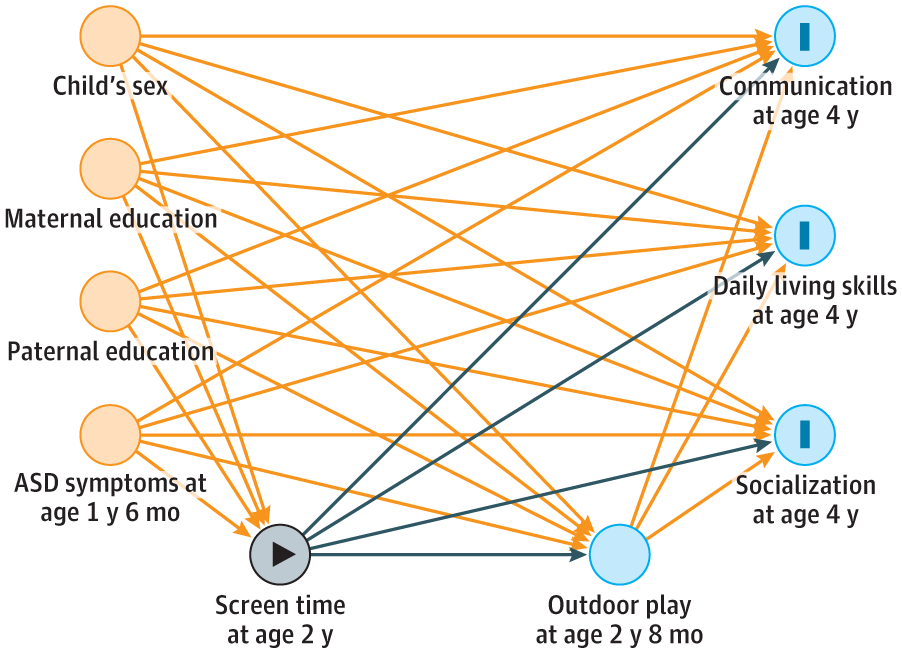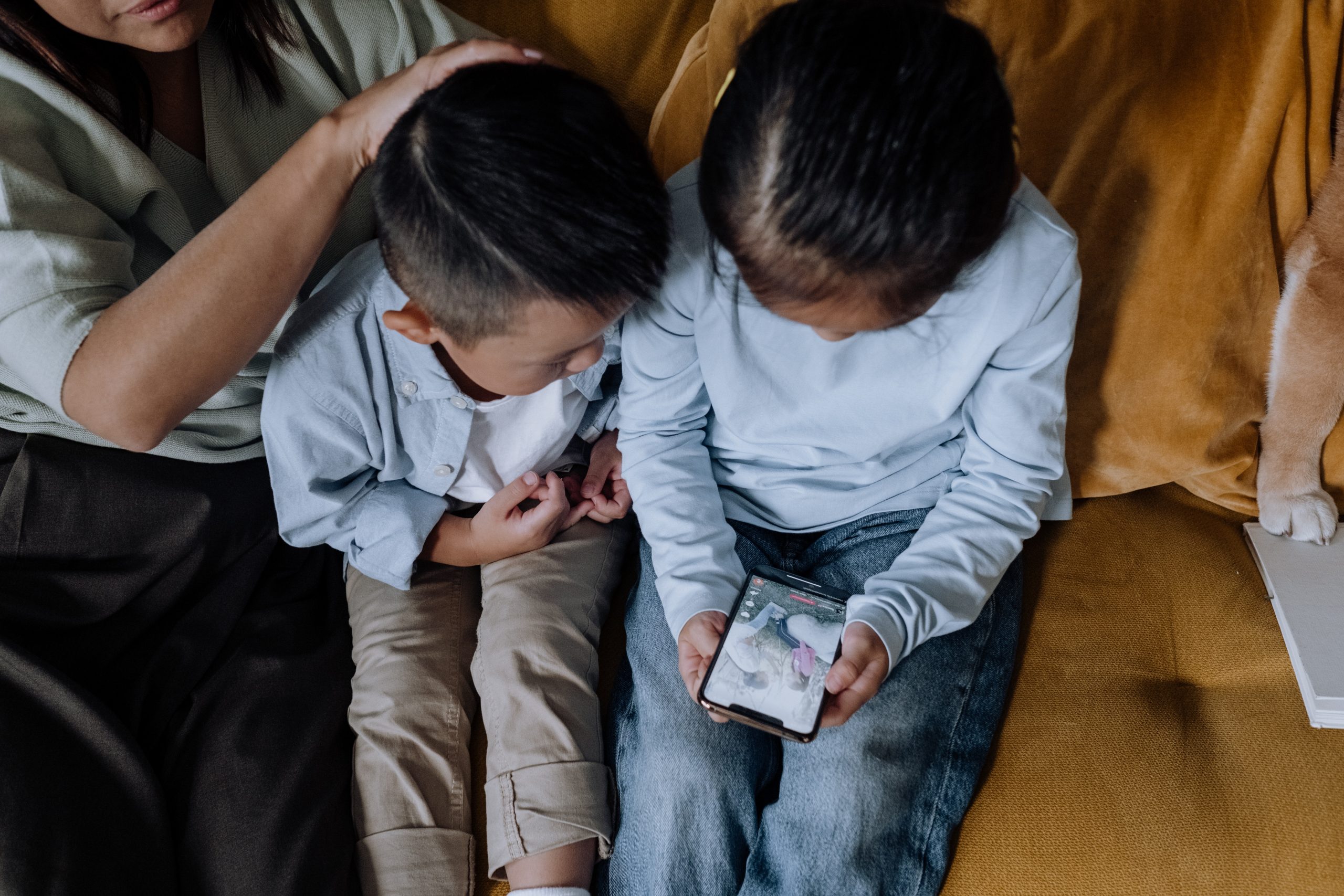In the digital age, it’s nearly impossible to avoid screens. From smartphones to laptops to tablets, screens are everywhere, and it’s no secret that kids are spending higher screen time than ever before. But what is the impact of this increased screen time on our children’s brains and development?
The results of a recent study conducted by the Hamamatsu Birth Cohort Study for Mothers and Children will shock you.
Screen time refers to the amount of time spent on screens, such as TVs, video games, tablets, and phones. Studies have shown a negative impact of screen time on children’s neurodevelopment, with 75% of kids under 2 using screens. This can lead to delayed language, inattention, emotional problems, defiant behavior, poor academic performance, and lower reading skills. Unfortunately, the age at which kids start using screens is getting younger. Health organizations recommend limiting screen time for kids under 18 months and just 1 hour a day for those under 2, but these guidelines are not widely followed.
This study showed that a higher screen time (>1 hour a day) at age 2 years was associated with poorer neuro-developmental outcomes at age 4 years.
Of 885 participants, 445 children (50%) were female; the mean (SD) screen time per day was 2.6 (2.0) hours. Causal mediation analyses revealed that higher screen time at age 2 years was associated with lower scores in communication at age 4 years, but the association was not mediated by the frequency of outdoor play. Higher screen time was also associated with lower scores in daily living skills; 18% of this association was mediated by the frequency of outdoor play.
These associations were upheld after adjusting for potential confounders, including the child’s sex, parental education, and child ASD symptoms at age 1 year 6 months.

The study’s findings are a wake-up call for parents everywhere. Screen time is not just a harmless way for kids to pass the time; it has real and lasting effects on their developing brains. But the good news is that we can do something about it. Encouraging children to spend time outdoors and engage in physical activity can help to mitigate the negative impact of screen time on their development.
So, let’s put down the screens and get our kids outside to reduce screen time.
The future of their brain and development depends on it. And remember, the nature of the association between screen time and sub-optimal neuro-development is still unknown, so future research should be conducted to specify the nature of the association and intervention measures that could reduce the potential risk in screen time.
Don’t let technology take over your child’s brain. Act now and make sure your child has a bright future ahead of them.
Link to the source article:
